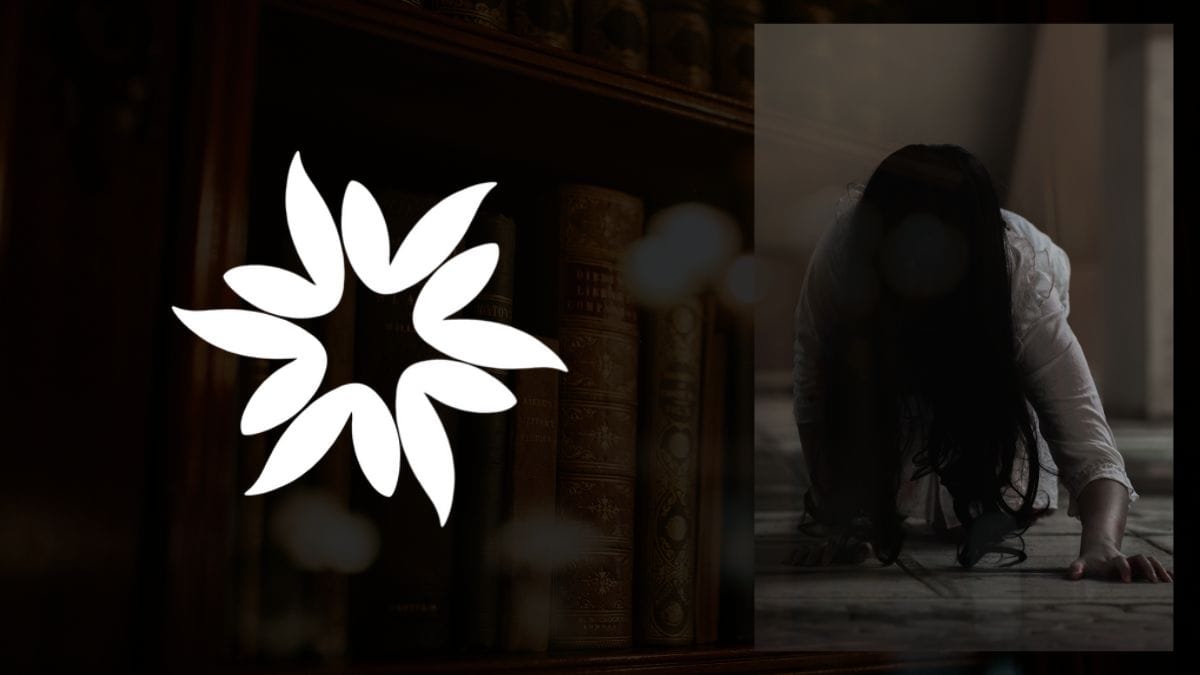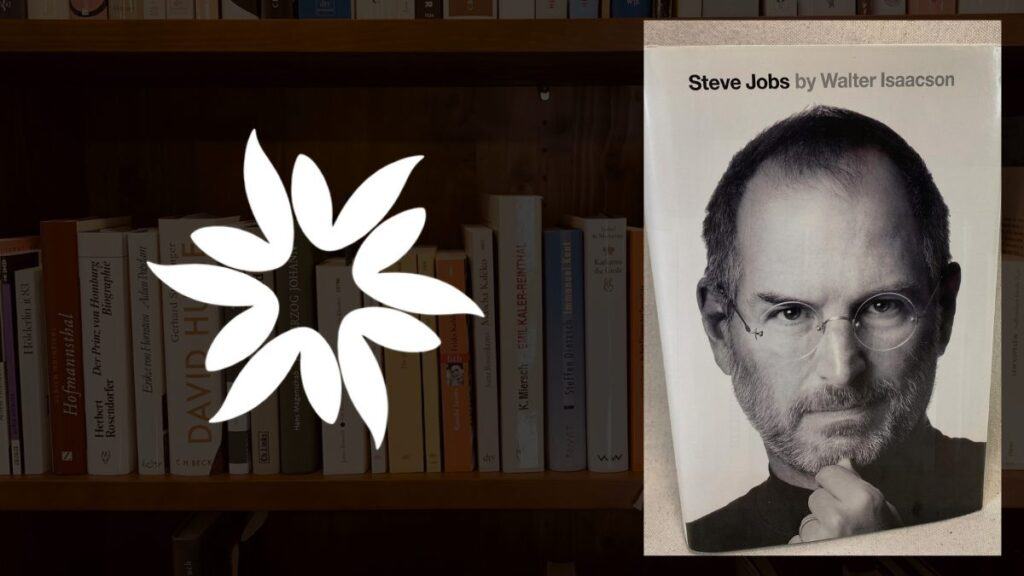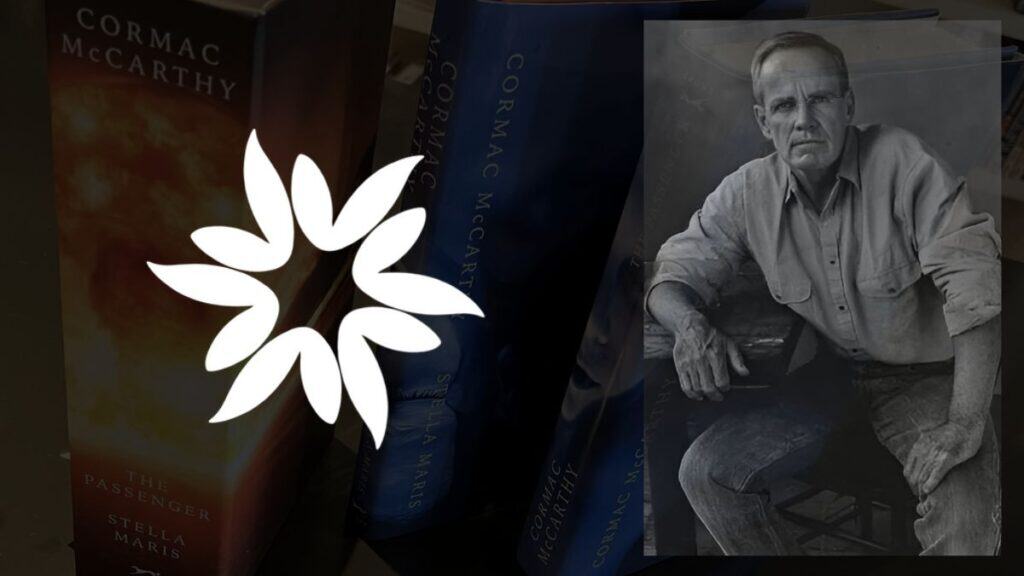Horror stories have been with us for a long time, evolving from ancient tales to the books we read today. Sure, they may scare us, but we still love reading them to experience the thrill imbued within such stories.
The genre’s evolution has had many significant changes, with new writers and stories always coming up.
Key Takeaways
- Tracing back to Horace Walpole's The Castle of Otranto in 1764, the first horror novel set the stage for a genre defined by fear and the supernatural.
- The 1970s marked a "Golden Age," with Stephen King and others bringing horror to the mainstream with iconic works like Carrie and The Shining.
- Horror continues to evolve, adapting to new mediums and reflecting societal fears, ensuring its place in readers' hearts worldwide.
The Birth of Horror: The First Horror Story
The journey into the history of horror novels takes us back 20,000 years to Thurg, the world’s first horror novelist, and spans centuries, highlighting seminal works such as The Epic of Gilgamesh and tales from ancient Greece.
During the 18th century, horror fiction began to resemble what we know today. This period is marked by Horace Walpole’s The Castle of Otranto (1764), considered the first horror novel.
Walpole’s work laid the foundation for the horror genre, blending elements of the supernatural with the romantic to craft a new form of storytelling that captured the imagination of its audience.
The Gothic and Victorian Eras: Expansion and Experimentation
The 19th century saw horror literature flourish, particularly through the Gothic and Victorian eras.
This period gave birth to iconic stories such as Mary Shelley’s Frankenstein (1818), which emerged from a storytelling contest among friends that included literary figures like Lord Byron.
There were also contributions from Edgar Allan Poe during this era, who is now revered not just as a horror writer but as a pioneer of the detective story and a master of psychological depth in literature.
The 20th Century: A Genre Evolves
The 20th century witnessed significant evolution and diversification in horror literature, beginning with magazines like Weird Tales in 1923, which published works by H.P. Lovecraft and Ray Bradbury.
Key in influencing the genre were the Great Depression and World War II, leading to a resurgence in the 1950s with seminal works like Richard Matheson’s I Am Legend (1954) and Shirley Jackson’s The Haunting of Hill House (1959).
Such stories explored new depths of horror, combining supernatural elements with psychological insights.
The 1970s: The Golden Age of Horror Novels
The 1970s is often called the “Golden Age” of horror novels in America, a time when horror fiction moved from the fringes to mainstream popularity.
Stephen King emerged as a dominant figure, influencing the genre with classics such as Carrie and The Shining.
The decade also saw the publication of influential works like The Exorcist by William Peter Blatty and Interview with the Vampire by Anne Rice, which were both critical and commercial successes.
The Influence of Stephen King
Stephen King’s novels have sold millions of copies and have been adapted into successful films and television series, ensuring the genre’s prominence in popular culture.
King’s work has inspired countless writers and filmmakers, and his ability to tap into universal fears and anxieties has made his stories enduringly popular.
The Modern Era and Beyond
As we move into the 21st century, the horror genre continues to evolve, incorporating new themes and exploring fresh terrains.
The digital age has also introduced new formats and platforms for horror storytelling, including podcasts, web series, and interactive games.
Despite these changes, the fundamental appeal of horror—its ability to evoke fear, suspense, and a sense of the unknown—remains unchanged. The genre’s ability to adapt and grow ensures that horror novels will continue to captivate readers for generations to come.
The Enduring Appeal of Horror Narratives
The history of horror literature is as diverse and complex as the human experience of fear itself.
Reflecting changing societal fears, technological advancements, and literary innovations, the horror genre’s evolution is a captivating mirror of the times in which we live.
















